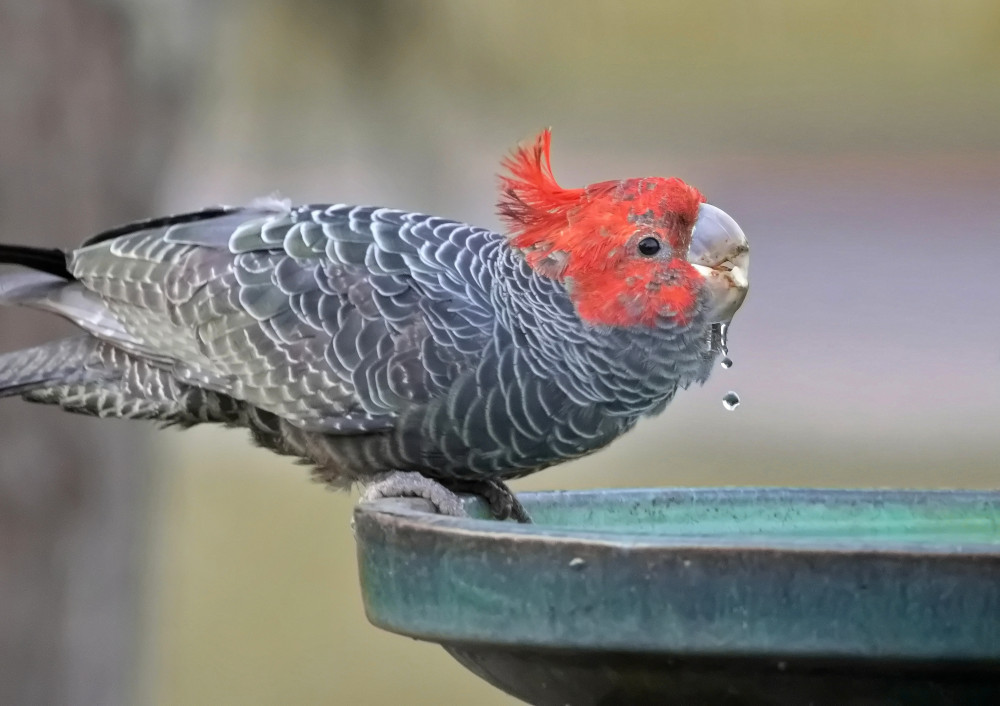How can I help wildlife during a heatwave?

Provide water but not food
Leave bowls of fresh, clean water out in shady locations. Shallow dishes are better for smaller animals. If you use a large container make sure to provide a rock or stick so that small animals can climb out. Place the container in an area where animals are protected from predators when drinking e.g. near a shrub or bush and keep your pets away from this area so that animals can drink undisturbed.
Unless advised to by a registered wildlife carer or veterinarian, don’t attempt to feed wild animals.
Recognising heat-stressed animals
Animals stressed by the heat will often behave differently than normal. They may lose their balance, collapse or appear confused.
Animals that are mainly active at night (e.g. possums) may come out during the day and animals that usually live in trees (e.g. flying foxes, birds) may be seen on the ground.
Rescuing stressed animals
Keep a cardboard box and a towel handy as well as phone numbers of local wildlife carer organisations or veterinarians in case you find an injured animal.
Remember that just being near them creates stress in wild animals, therefore do not approach unless necessary and keep handling to an absolute minimum.
Do not put yourself in danger and don’t touch bats or flying foxes – a bite from a bat carrying lyssavirus can cause serious illness and even death in unvaccinated people.
If you do rescue an animal suffering from heat stress and dehydration, wrap it loosely in a towel place in a cardboard box and offer water to drink. Spraying with a fine mist of water can help to cool the animal down. Leave in a dark, cool and quiet place and seek advice and assistance.
Be sure to record the exact location of where the animal was found so that it can be returned to the area if it recovers.
Was this article helpful?
This work is licensed under a Creative Commons Attribution-NonCommercial-NoDerivatives 4.0 International License.


